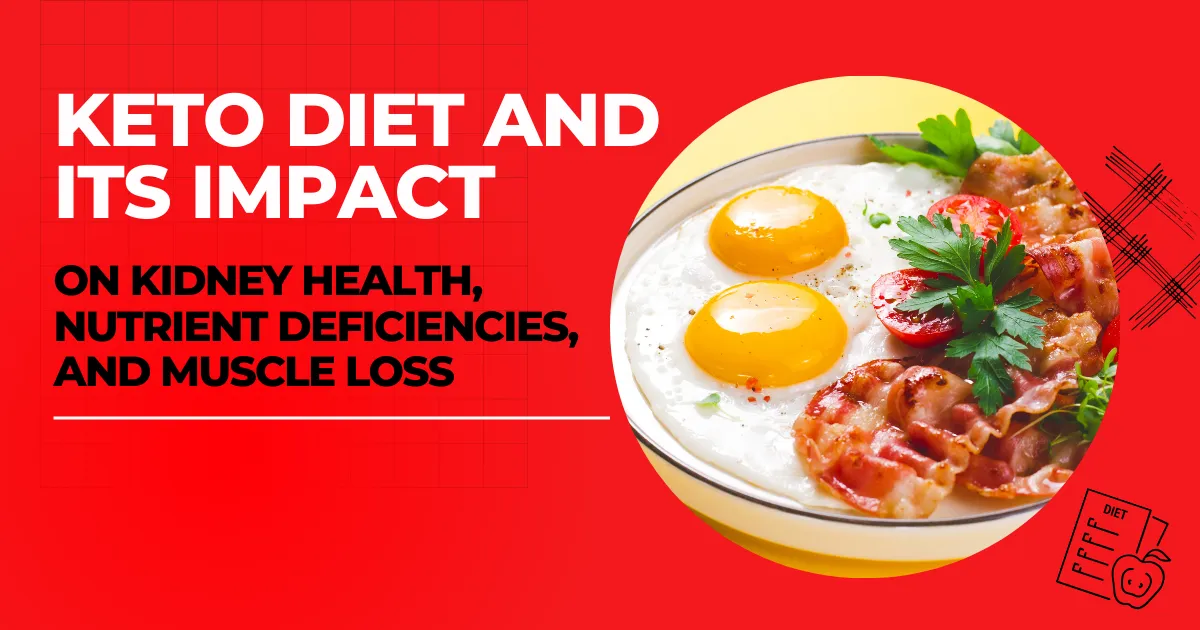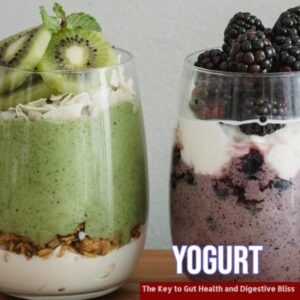Understanding how many carbs you can have on keto is crucial for achieving and maintaining ketosis, the metabolic state that allows your body to burn fat for fuel. By finding the right balance of carbs, you can still enjoy a wide variety of foods while reaping the benefits of the keto lifestyle.
-
Beyond the Buzz: Unveiling the Keto Diet's Long-Term Health Impact
- Foods With Zero Carbs Or Low Carbs You Can Include As Part Of Your Diet
- High Protein- Lower Fat vs High Fat - High Protein
- Keto Diet and Its Impact on Kidney Health, Nutrient Deficiencies, and Muscle Loss
- Balancing Keto: Prevent Kidney Stress, Deficiencies & Muscle Loss
- FAQ - Unveiling the Keto Diet's Long-Term Health Impact
In this article, we will explore the concept of carbohydrate intake on the keto diet, discuss the recommended daily carbohydrate limit, and provide tips on choosing the best carbohydrate sources to support your ketogenic journey.One of the core principles of the Ketogenic diet is keeping carbohydrate intake extremely low – less than 30~ 50 grams per day.
Zero-carbohydrate foods can help lower blood sugar, manage blood pressure, and increase good cholesterol levels. It can also be an effective diet for weight loss, which is another way to manage your diabetes effectively
Keeping carbs low is the key to success in the keto diet. When carb intake is too high, we cannot enter
ketosis and experience the unique benefits of keto)
Beyond the Buzz: Unveiling the Keto Diet’s Long-Term Health Impact
If the body does not need to use the carbs for energy immediately after a person eats them, it stores them in the muscles and liver for later use. However, if the body does not use these stored carbs, it converts them to fat.
Foods With Zero Carbs Or Low Carbs You Can Include As Part Of Your Diet
| Zero Carb types of meat: (Fresh meats) | Beef- Veal- Lamb - Pork- Processed meats: Salami -Sausages - Bacon - Ham |
| Seafood (Fresh, Canned, or Smoked) | Halibut - Sardine- Swordfish- Spanish Mackerel - Tuna - Salmon - Bass |
| Non-starch vegetables like | broccoli, asparagus, leafy vegetables, cauliflower, mushrooms |
| Fats and Oils like | butter, olive oil, coconut oil, Extra virgin olive oil, Avocado oil |
| Nuts and seeds like almonds, walnuts, peanuts, pistachios, pumpkin seeds, sunflower seeds, chia seeds, etc. | Dairy products like butter, eggs, cheese, and yogurt |
| Drinks and Beverages: | Water - Coffee - Tea - Sparkling Water- Soda water |
High Protein- Lower Fat vs High Fat - High Protein
| High Protein and Lower Fat | High Fat and High Protein |
|---|---|
| Slices of meat (skinless chicken breast, turkey breast, veal, etc.) | Fattiest cuts of meat (steak, ribs, lamb chops, short rib, pork belly, etc.) |
| Ground meat (turkey, chicken, beef, veal, pork, etc.) | Canned fish (in olive oil with skin on for most fat) |
| Smoked fish | Bacon |
| Skinless canned chicken breast | Salami |
Keto Diet and Its Impact on Kidney Health, Nutrient Deficiencies, and Muscle Loss
What Are the Long-Term Risks of the Keto Diet?
Keto Diet and Kidney Health| Can the keto diet increase the risk of kidney stones? |
Yes, the keto diet may increase the risk of kidney stones if hydration and mineral intake are not managed.
Prevention Tips:
|
| How does the keto diet impact kidney function? |
Support Kidney Function:
|
| Long-term kidney concerns? |
Minimize Risks:
|
Keto Diet and Nutrient Deficiencies
| Common deficiencies on keto? |
|
| How to ensure nutrient intake? |
|
| Long-term consequences of deficiencies? |
Solution: Rotate keto-friendly veggies, seeds, and nuts to prevent deficiencies. |
Keto Diet and Muscle Loss
| Does keto cause muscle loss? |
Yes, if not properly managed.
Maintain Muscle on Keto:
|
| How to prevent muscle loss? |
|
| Long-term implications of muscle loss? |
Prevention: Maintain a high-protein intake, track your muscle mass, and use targeted keto if you are physically active. |
Balancing Keto: Prevent Kidney Stress, Deficiencies & Muscle Loss
| Section | Content |
|---|---|
| Conclusion |
By following a well-balanced keto approach, you can maximize benefits while minimizing risks—allowing you to enjoy better health, improved performance, and sustainable results. 🚀🥑💪 |
FAQ - Unveiling the Keto Diet's Long-Term Health Impact
| Question | Answer |
|---|---|
| Does the keto diet cause hair loss? | Some people may experience temporary hair loss on keto due to reduced nutrients or rapid weight loss. Ensuring adequate protein, biotin, and vitamins can minimize this effect. |
| Can the keto diet help with cancer management? | Research suggests a ketogenic diet may limit glucose available to cancer cells. While not a cure, it may support certain treatments. Always consult with a doctor. |
| How accurate are keto urine test strips? | Keto urine strips measure ketones in urine and are helpful for beginners. Accuracy decreases over time as the body adapts, so blood ketone meters may be more precise. |
| What are some quick keto meals? | Quick keto meals include scrambled eggs with avocado, grilled chicken salad, zucchini noodles with pesto, and lettuce-wrapped burgers. |
| Is quinoa allowed on the keto diet? | Quinoa is high in carbs and generally not keto-friendly. Small portions may fit into a targeted keto plan but should be eaten sparingly. |
| What does urine color indicate on keto? | On keto, darker urine may indicate dehydration. Light yellow usually means proper hydration, while ketone presence can sometimes slightly alter urine color. |
| Are keto energy drinks safe? | Keto energy drinks can boost focus and energy if low in sugar and carbs. Choose drinks with electrolytes, green tea extract, or MCT oil for added benefits. |
| Are protein bars good for keto? | Keto protein bars are convenient snacks but check labels for hidden carbs. Choose bars with 3–4g net carbs, high protein, and healthy fats. |
| Can vegetarians follow a keto diet? | Yes, keto can be vegetarian with foods like eggs, cheese, tofu, tempeh, nuts, seeds, and low-carb vegetables. Careful planning ensures balanced nutrition. |
| What is the max carb intake on keto? | Most keto plans recommend 20–50 grams of net carbs per day to stay in ketosis, depending on activity level and metabolism. |

%20carb%20foods.webp)





